Presentation at India-ASEAN Partnership@25
Ambassador Rajiv Bhatia, Distinguished Fellow, Gateway House gave a presentation on ‘Regional and Bilateral Co-operation’ at the Conference on India-ASEAN Partnership@25, New Delhi
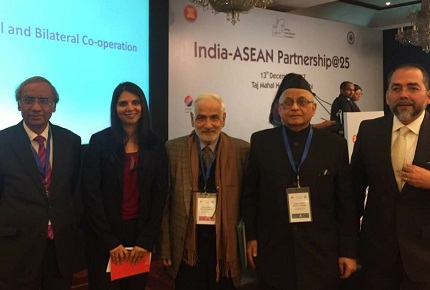 Courtesy:
Courtesy:
Ambassador Rajiv Bhatia, Distinguished Fellow, Gateway House gave a presentation on ‘Regional and Bilateral Co-operation’ at the Conference on India-ASEAN Partnership@25, New Delhi
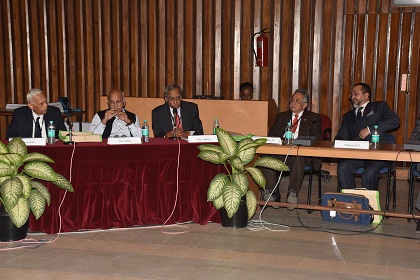 Courtesy:
Courtesy:
Ambassador Rajiv Bhatia, Distinguished Fellow, Gateway House gave the Keynote Remarks on ‘ASEAN Today: Introspection and Prospects’ at the Regional Conclave on ASEAN@50 and India-ASEAN Relations in Bengaluru
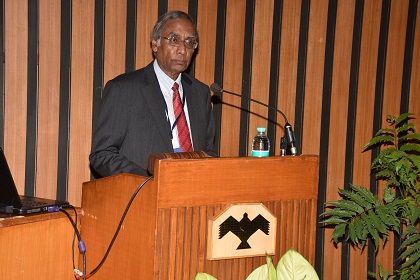 Courtesy:
Courtesy:
Ambassador Rajiv Bhatia, Distinguished Fellow, Gateway House gave the Chairman’s Remarks at ‘Regional Conclave on ASEAN@50 and India-ASEAN Relations’ in Bengaluru
 Courtesy: Western Naval Command
Courtesy: Western Naval Command
China has expanded its presence in the Indian Ocean Region. President Xi Jinping has abandoned Deng Xiaoping’s conciliatory posture for an aggressive, money-fuelled search for super power status
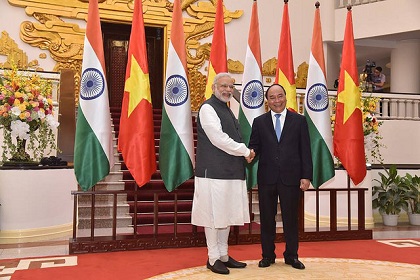 Courtesy: Narendra Modi Official/ Flickr
Courtesy: Narendra Modi Official/ Flickr
Vietnam has the highest level of bilateral relationship—or ‘Comprehensive Strategic Partnership’—with three countries: China, Russia and India. It envisages a much more active role in the region for India, but many factors mar such a development currently
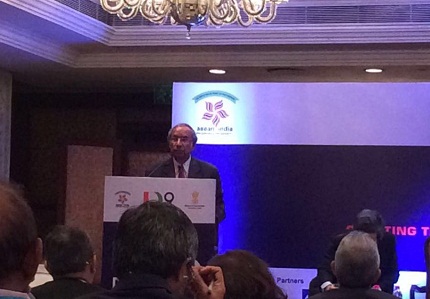 Courtesy: Arjun Chawla
Courtesy: Arjun Chawla
This speech was delivered by Rajiv Bhatia, Distinguished Fellow, Foreign Policy Studies, Gateway House, at the Delhi Dialogue 9, for the session on Regional Geopolitics: Great Power Politics in Asia -Pacific in Delhi on 4 July
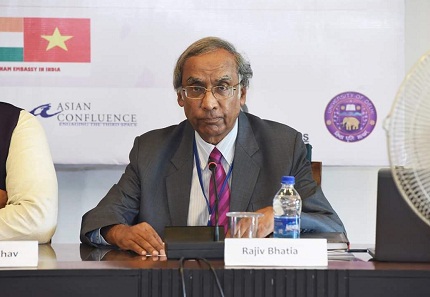 Courtesy: Gateway House
Courtesy: Gateway House
The following speech was delivered at the Inaugural Session of the International Conference on Emerging Horizons in India-Vietnam Relations, in Delhi, on 3 July. Ambassador Rajiv Bhatia, Distinguished Fellow, Foreign Policy Studies, Gateway House chaired this session.
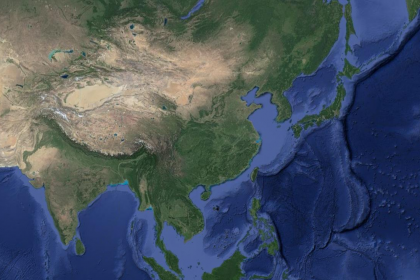 Courtesy: Google Maps
Courtesy: Google Maps
Hopes of a close partnership between the U.S. and India, as expressed at the Modi-Trump Summit, will have repercussions on East Asia. Will the region see peace or exacerbated conflict between China and all the nations opposed to its domination?
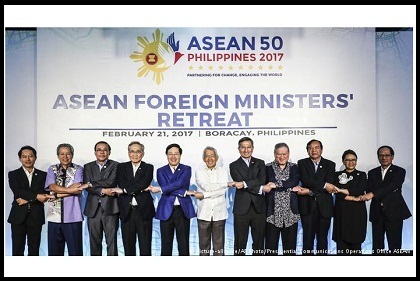 Courtesy: Deutsche Welle
Courtesy: Deutsche Welle
This regional grouping of 10 nations, which observes its golden jubilee year in 2017, has come a long way from the Cold War era when it was founded, making a significant contribution to peace, security and prosperity. Now, its future prospects and “centrality” look uncertain amidst the region’s changing geopolitics
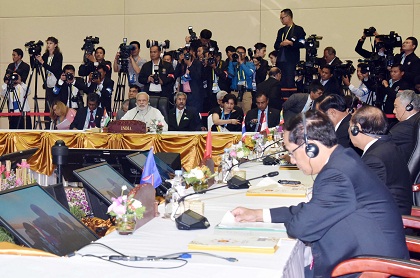 Courtesy: MEA/flickr
Courtesy: MEA/flickr
The year 2017 may change some equations in the East Asian region. Will the near parity that the U.S. and China currently share turn into a keener contest? Will strained relations between India and China persist? Donald Trump’s election as the next U.S. president casts the spotlight squarely on these inter-state relationships